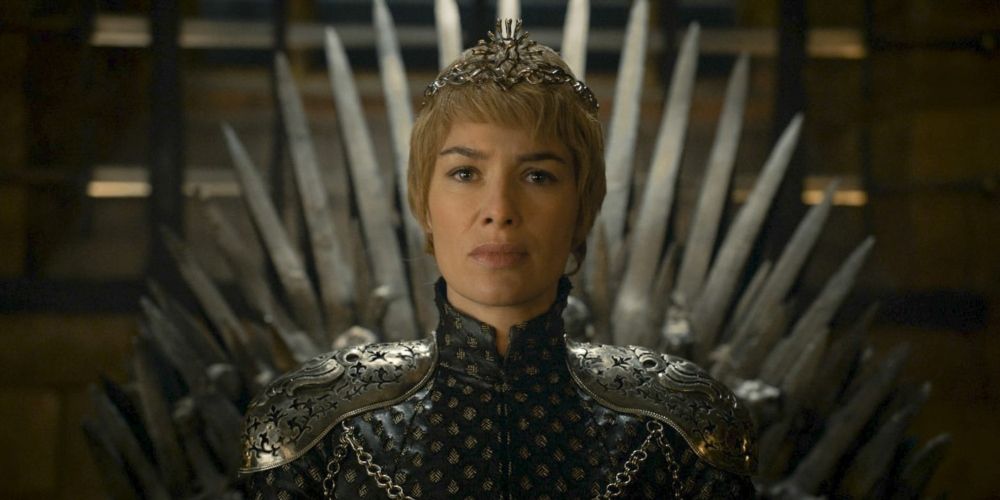
The final season of Game of Thrones disappointed many viewers, perhaps more than any other poorly received TV finale. After building a complex world with intricate plots and political maneuvering, the ending felt rushed and prioritized visual effects over a satisfying story. While Game of Thrones stumbled, anime consistently demonstrates how to conclude even the most complex narratives effectively. Successful endings, whether sad, hopeful, or thoughtful, stay true to the core ideas and themes of the story.
As a huge anime fan, I’ve always admired how skillfully some series can stick the landing. It’s not just about shocking twists, but about emotional payoffs that truly resonate. Anime, especially over the years, has become incredibly good at crafting satisfying conclusions. I think it comes down to a strong focus on the story’s core and a willingness to let the narrative breathe. Take Fullmetal Alchemist: Brotherhood, with its beautifully balanced conclusion, or the deeply introspective ending of Neon Genesis Evangelion – these are examples of anime achieving something even a lot of highly-regarded Western shows struggle with: a truly perfect ending.
Attack on Titan’s Controversial Anime Ending is a Textbook Perfect Finale
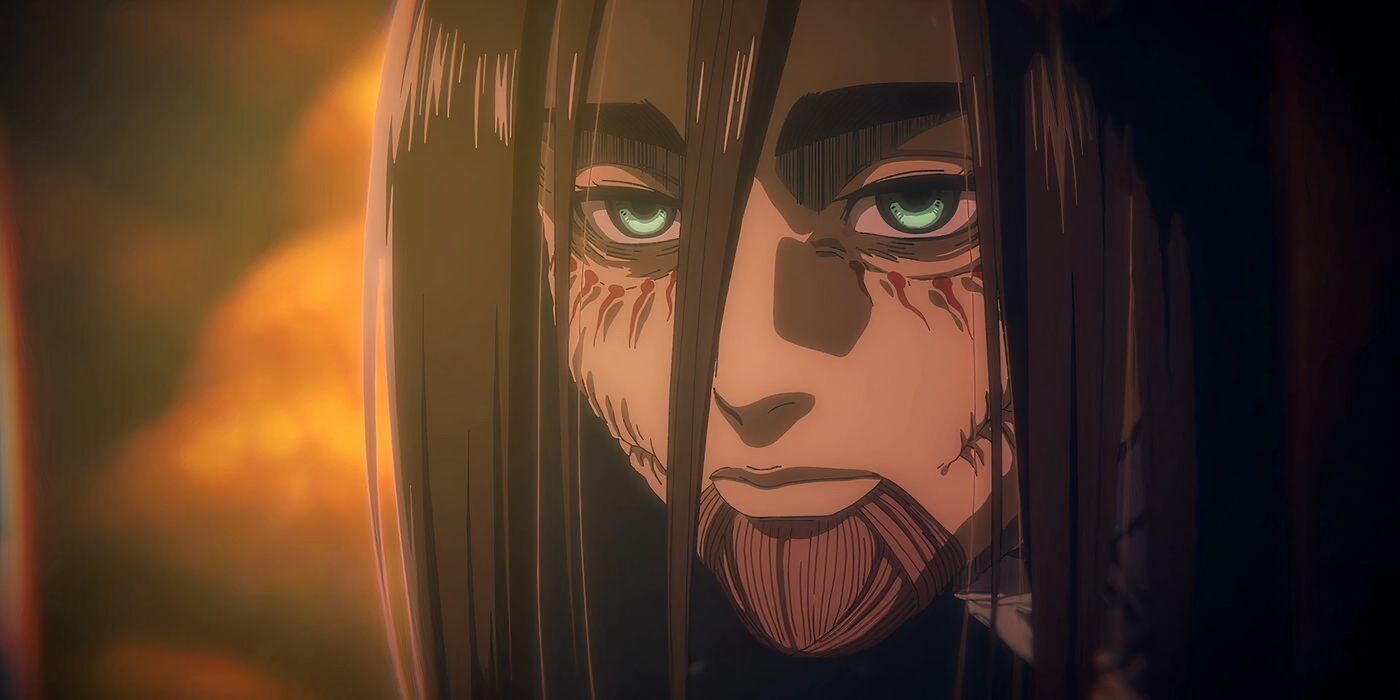
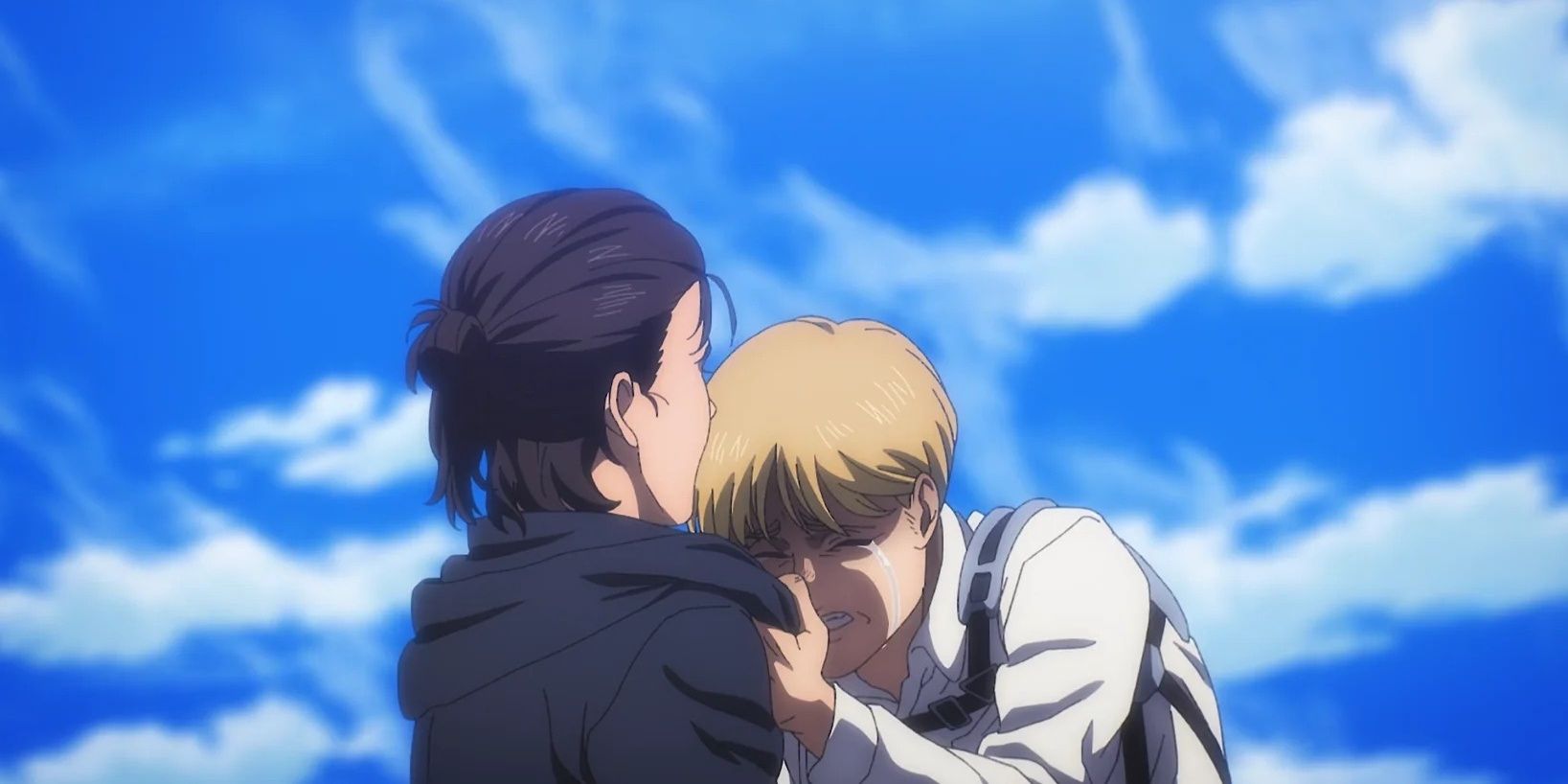
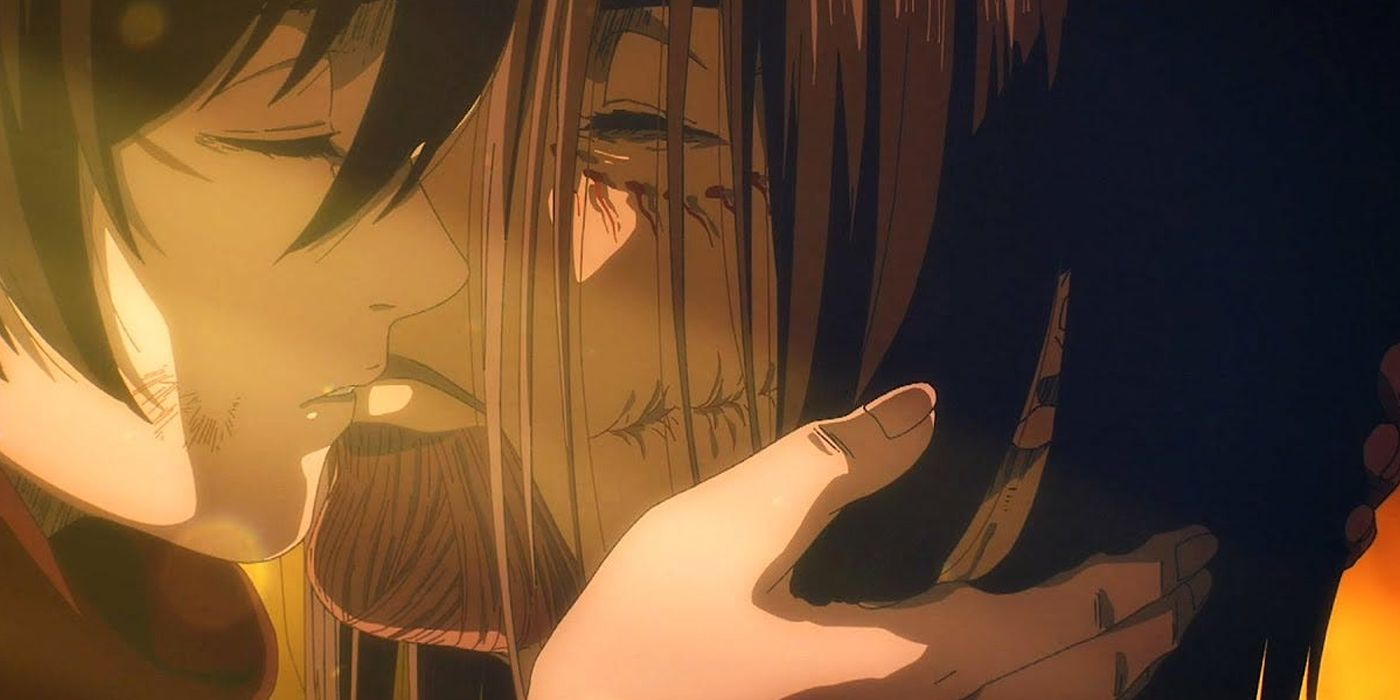
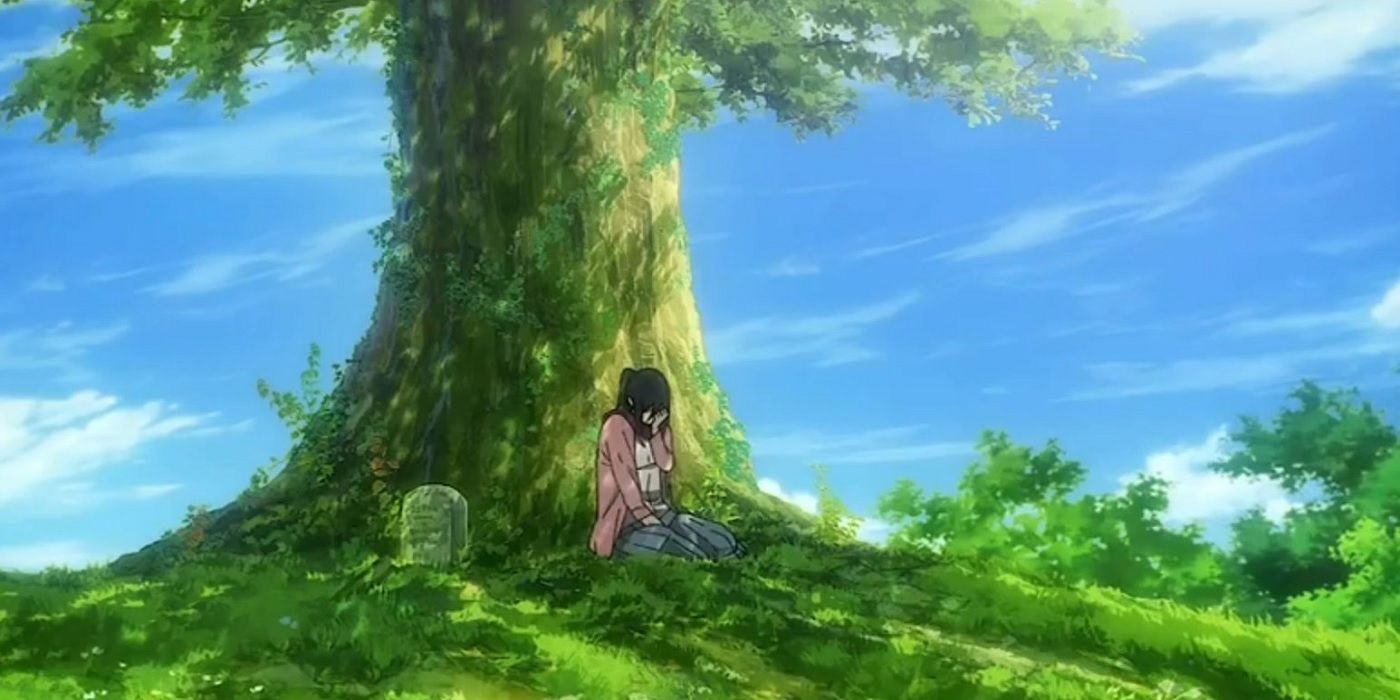
Attack on Titan is a famously controversial anime, but it’s also remarkably bold. The final episodes offer a new understanding of Eren Yeager’s destructive path, presenting it as both heartbreaking and unavoidable. The ending doesn’t excuse his actions, but it does make him relatable despite the violence, and powerfully illustrates the emptiness of seeking revenge in a brutal world. Unlike Game of Thrones, Attack on Titan fully embraced its complex themes, consistently exploring ideas of freedom and the never-ending cycle of hatred.
Eren’s death and Mikasa’s goodbye aren’t shown as a win or a loss, but as a sad acceptance of how limited even great power can be. The final scenes, particularly the return of the tree where Eren’s journey started, tie together the story’s themes in a way that feels both complete and endless. Ultimately, Attack on Titan proves that a story doesn’t need a neat ending to be fulfilling, as long as the emotional impact is genuine.
Fullmetal Alchemist: Brotherhood Is the Perfect Blueprint for a Great Anime Finale
Few anime endings are as satisfying as the one in Fullmetal Alchemist: Brotherhood. After a complex story filled with political struggles and alchemy, the series wraps things up perfectly. Every plotline, from the Elric brothers’ past errors to the destiny of the nation of Amestris, feels naturally concluded. The ending beautifully balances the show’s deep ideas with its strong emotional impact. Edward’s final decision to give up his alchemy to restore Alphonse’s body completes a central theme of sacrifice that runs throughout the series and defines its moral message.
The conclusion of Brotherhood reinforces the series’ core idea: that strength of character is more powerful than magic. The world isn’t magically fixed, but improves as the characters themselves grow and learn. What’s truly special about the ending is how it pays off for viewers who’ve been following the story closely. Every storyline contributes to a satisfying conclusion that emphasizes compassion and taking responsibility. It’s not just a feel-good ending; it’s one that feels deserved, crafted by writers who understood that true closure means accepting flaws and choosing to move ahead. Both in its structure and overall message, the ending of Brotherhood sets a high bar for storytelling.
Code Geass: Lelouch of the Rebellion Honed the Art of the Perfect Sacrifice
Though known for its complex strategies and battles, Code Geass surprised many with its emotionally resonant conclusion. Lelouch’s plan, known as Zero Requiem – sacrificing himself at the hands of his friend to shoulder the world’s hatred – shifted the story from a tale of rebellion to one of redemption and new beginnings. All of Lelouch’s previous actions, including his betrayals and pride, ultimately led to this single, meaningful act of atonement. His death wasn’t just an end to the war; it gave the entire story a sense of purpose. The ending is particularly effective because it’s perfectly balanced: a ruler who acted like a tyrant dies to finally end tyranny.
I’ve always appreciated how Code Geass concluded – it didn’t rely on a big, flashy finish. Instead, things quieted down, but with a clear sense of direction as the world continued on, not with joy, but with a lot of serious thinking. What struck me most was how every character, even those on the sidelines like Nunnally and Suzaku, genuinely felt the weight of Lelouch’s decision. It really drove home the show’s themes about responsibility and the cost of power. The ending was a shock, but not just because of the twist itself. It felt… complete, like it was always meant to happen, which is how the best endings feel. Code Geass really showed me that finding closure doesn’t always bring comfort.
Steins;Gate Mastered The Time Travel Storytelling Most Anime Fail At
Stories about time travel often fall apart because of logical contradictions, but in Steins;Gate, Okabe Rintarou successfully changes the past to save his friends, Kurisu and Mayuri. This isn’t just a clever trick; it’s a deeply emotional triumph, earned through immense hardship. The ending perfectly highlights the central idea of the series: the challenge of changing destiny while still holding onto what makes you human.
The many hardships and repeated timelines in Steins;Gate all build towards a single, scientifically and emotionally resonant resolution. What makes the ending so powerful is its subtlety. There’s no dramatic climax, just Okabe’s joyful relief and a hopeful, yet fragile, promise of seeing his friends again. It’s a quiet ending, but incredibly touching, showing that true closure comes from understanding, not simply being forgiven. In a time when stories often rely on shocking twists, Steins;Gate finds peace. The ending demonstrates that resolving a complex story isn’t about cleverly deceiving the audience, but about allowing the narrative to finally find its natural conclusion.
Cowboy Bebop Gave an Iconic Character the Coolest Goodbye in Anime History
From the very beginning, Cowboy Bebop explored the journeys of lost people seeking purpose. The series finale, “The Real Folk Blues,” perfectly captures this idea. The episode centers on Spike’s acceptance of his past – both the literal burdens and emotional scars from his time with the Syndicate. What makes the finale so enduring is its simplicity; it doesn’t rely on catering to fans or offering answers about what happens after death, but instead shows a man confronting his history to find peace.
The calm jazz music and quiet atmosphere emphasize that Spike has finally found peace, even though it means his death. The iconic final image of Spike lying under the stars is still considered a classic in anime. The ending trusts viewers to understand the emotions without being told what to feel. Unlike the unsatisfying finale of Game of Thrones, Cowboy Bebop‘s conclusion feels inevitable and perfectly suited to the story. It ends with a beautiful simplicity, a clear sign of a story that knows exactly when to conclude.
Neon Genesis Evangelion: The End of Evangelion Still Shocks Anime Fans Everywhere
The End of Evangelion doesn’t offer a typical ending; it’s more of a profound unraveling and rebuilding. It takes apart the complex psychological and religious themes from the Evangelion TV series and transforms them into a powerfully emotional climax. Shinji’s decision to reject complete unity and return to a flawed world gives a new meaning to what it means to truly live. Instead of providing easy answers, Evangelion embraces ambiguity and intentionally presents a surreal experience, forcing viewers to grapple with the often-conflicting truths about loneliness and what we want.
What makes this film special is how it maintains emotional consistency even while being chaotic. Each strange image and sudden cut contributes to a central idea: that being true to yourself, even when it’s difficult, is valuable. The calm moments after the main events show a quiet beauty in simply surviving. Unlike typical Western stories that offer easy answers, The End of Evangelion is brave enough to leave things open-ended. The ending isn’t about finding solutions; it’s about finding freedom. It’s a powerful conclusion that suggests life’s meaning isn’t something we find, but something we create, and that’s why it continues to resonate with viewers.
Mob Psycho 100’s Perfect Finale Has a Powerful Message
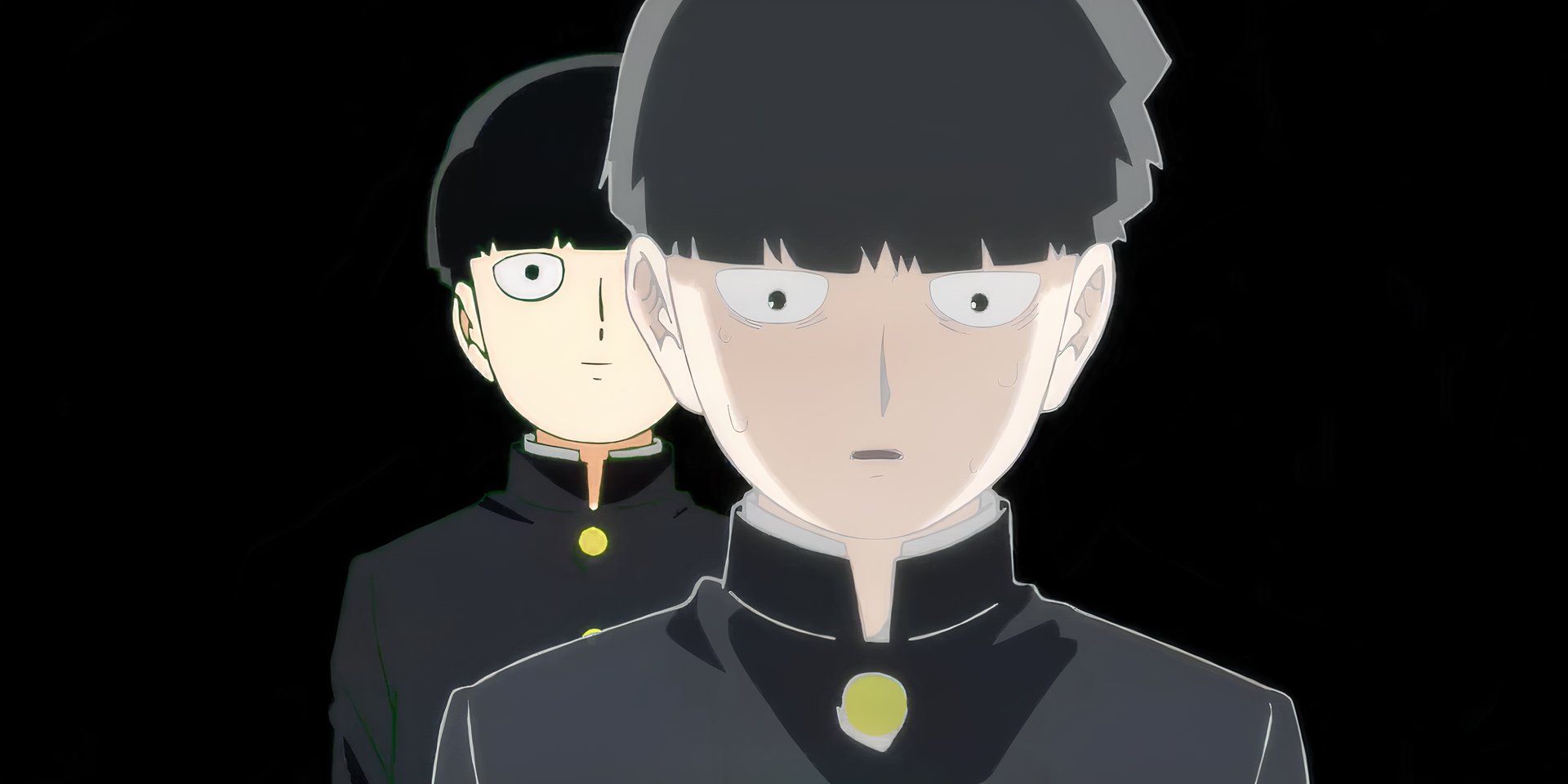
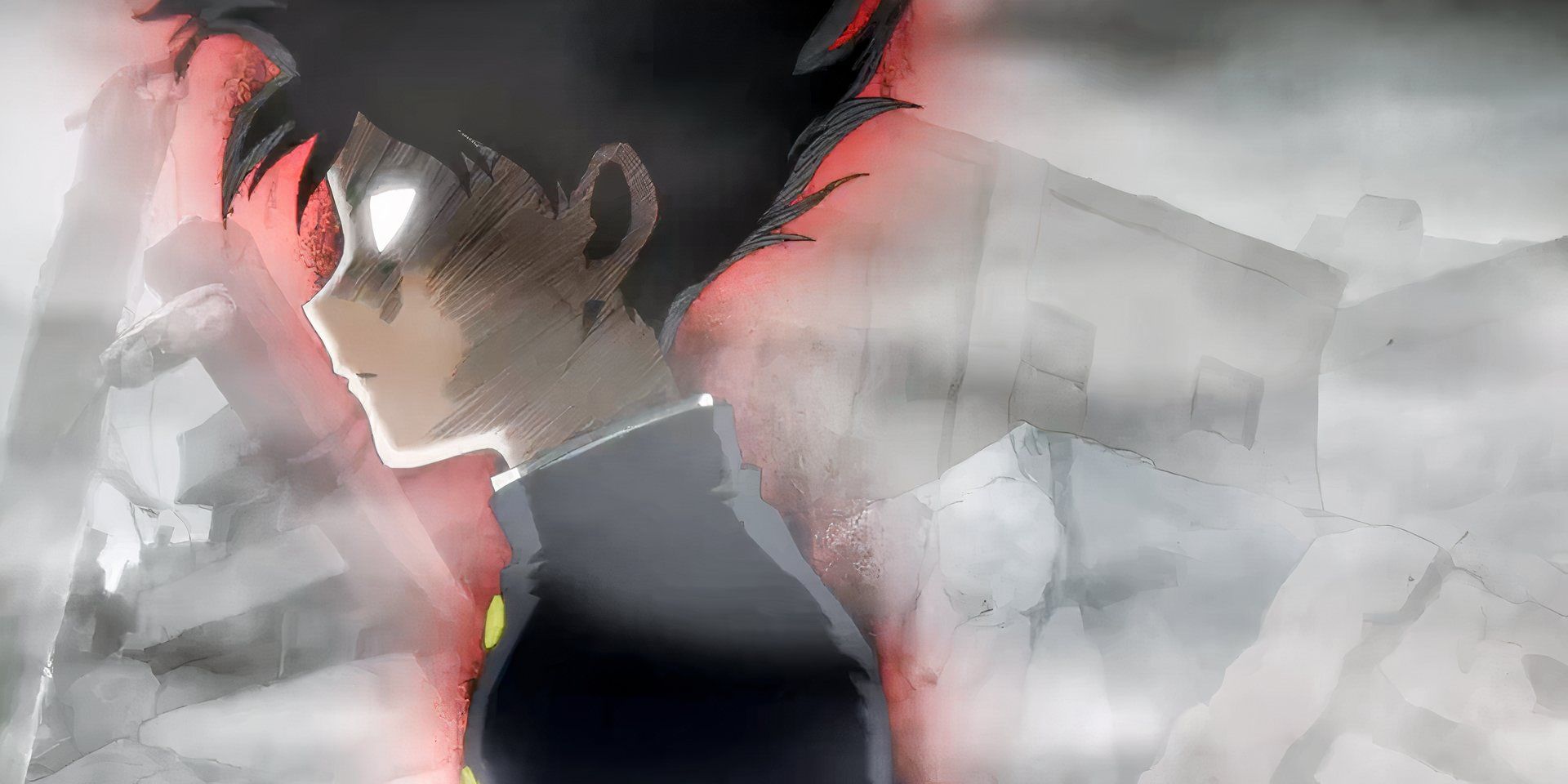
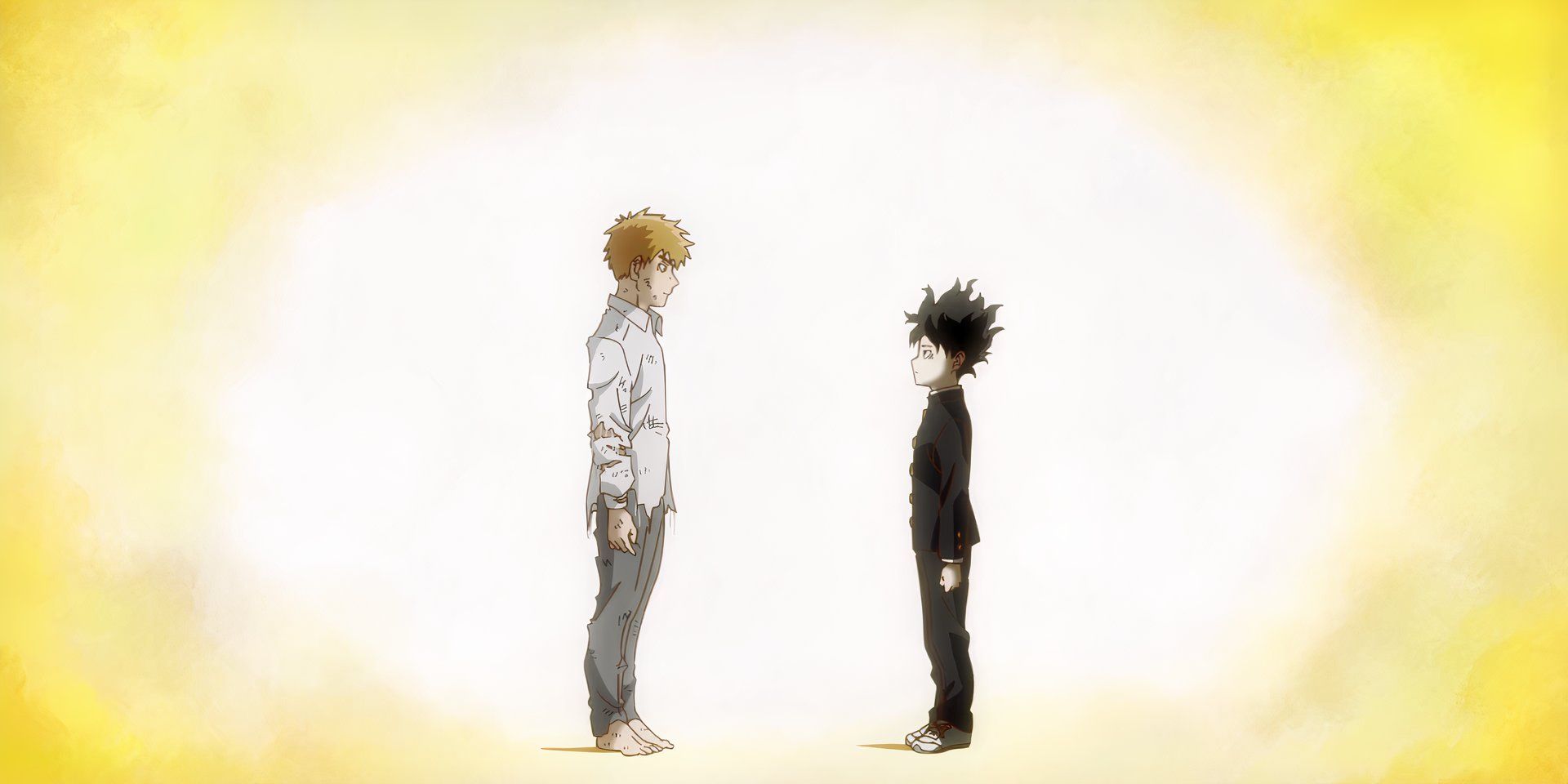
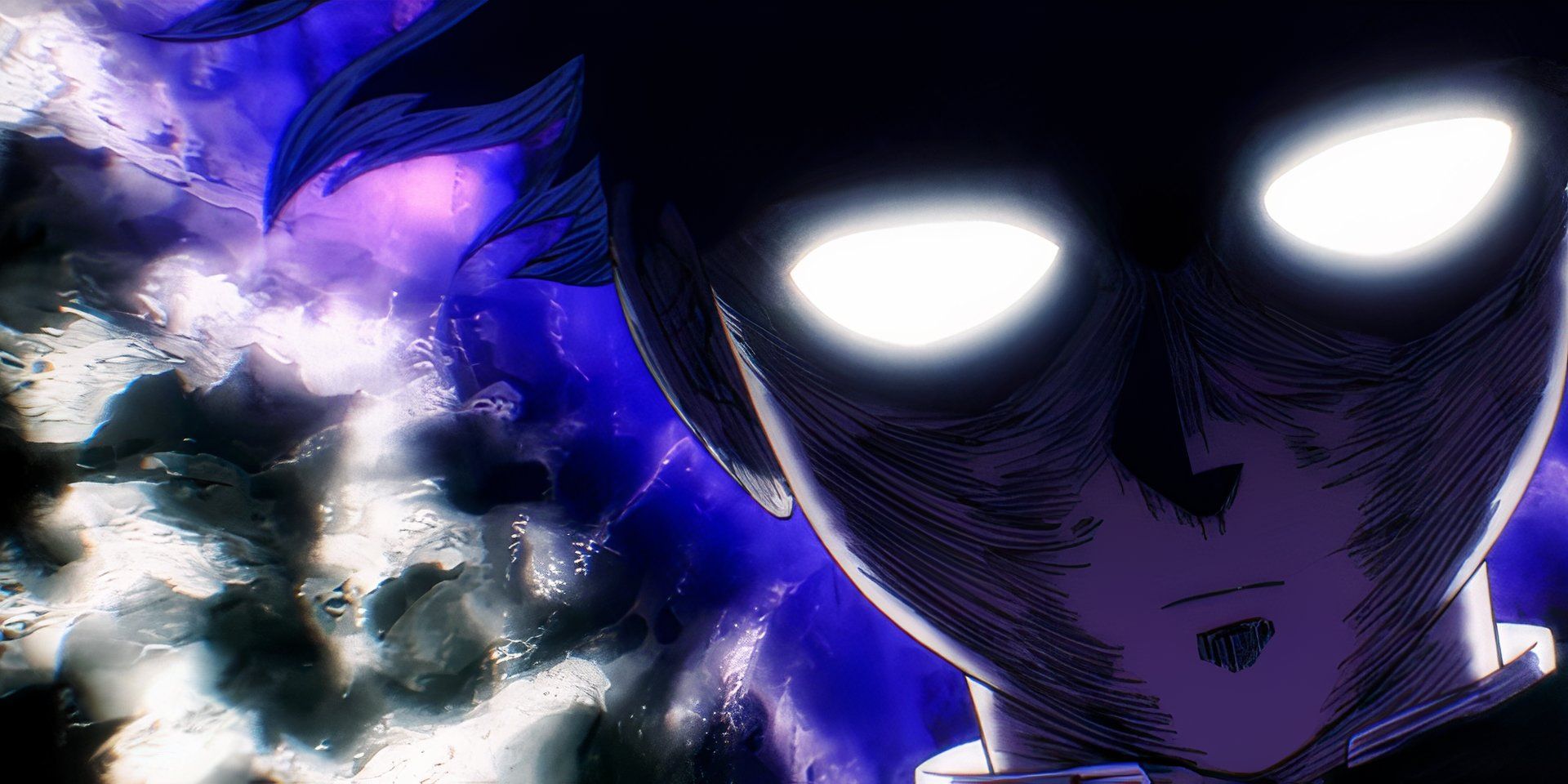
Season 3 of Mob Psycho 100 takes a unique approach. Rather than building to bigger and bigger battles, it strips the story down to its emotional heart. Mob’s final challenge isn’t an external enemy, but his own inner self – all the feelings he’s been suppressing. The strength of the ending lies in its simplicity. It redefines power not as dominance, but as accepting who you are. When Mob finally faces his difficult emotions and Reigen shares his true feelings, the series finds resolution through honesty and vulnerability, not through winning.
The finale’s visuals reflect its core message: destruction leads to peace, and honesty fosters connection. This beautifully captures the show’s idea that growing up isn’t about eliminating your flaws, but accepting them. The ending isn’t flashy or dramatic; it aims for emotional resolution. This subtle, yet powerful message, conveyed through both intense action and quiet moments, makes Mob Psycho 100’s conclusion one of the most genuinely moving in recent anime. In an industry where many shows drag on too long, Mob Psycho 100 ends with grace and perfect timing.
Read More
- Clash Royale Best Boss Bandit Champion decks
- Vampire’s Fall 2 redeem codes and how to use them (June 2025)
- Mobile Legends January 2026 Leaks: Upcoming new skins, heroes, events and more
- World Eternal Online promo codes and how to use them (September 2025)
- Clash Royale Season 79 “Fire and Ice” January 2026 Update and Balance Changes
- Best Arena 9 Decks in Clast Royale
- Best Hero Card Decks in Clash Royale
- Clash Royale Witch Evolution best decks guide
- Clash Royale Furnace Evolution best decks guide
- FC Mobile 26: EA opens voting for its official Team of the Year (TOTY)
2025-11-07 04:46